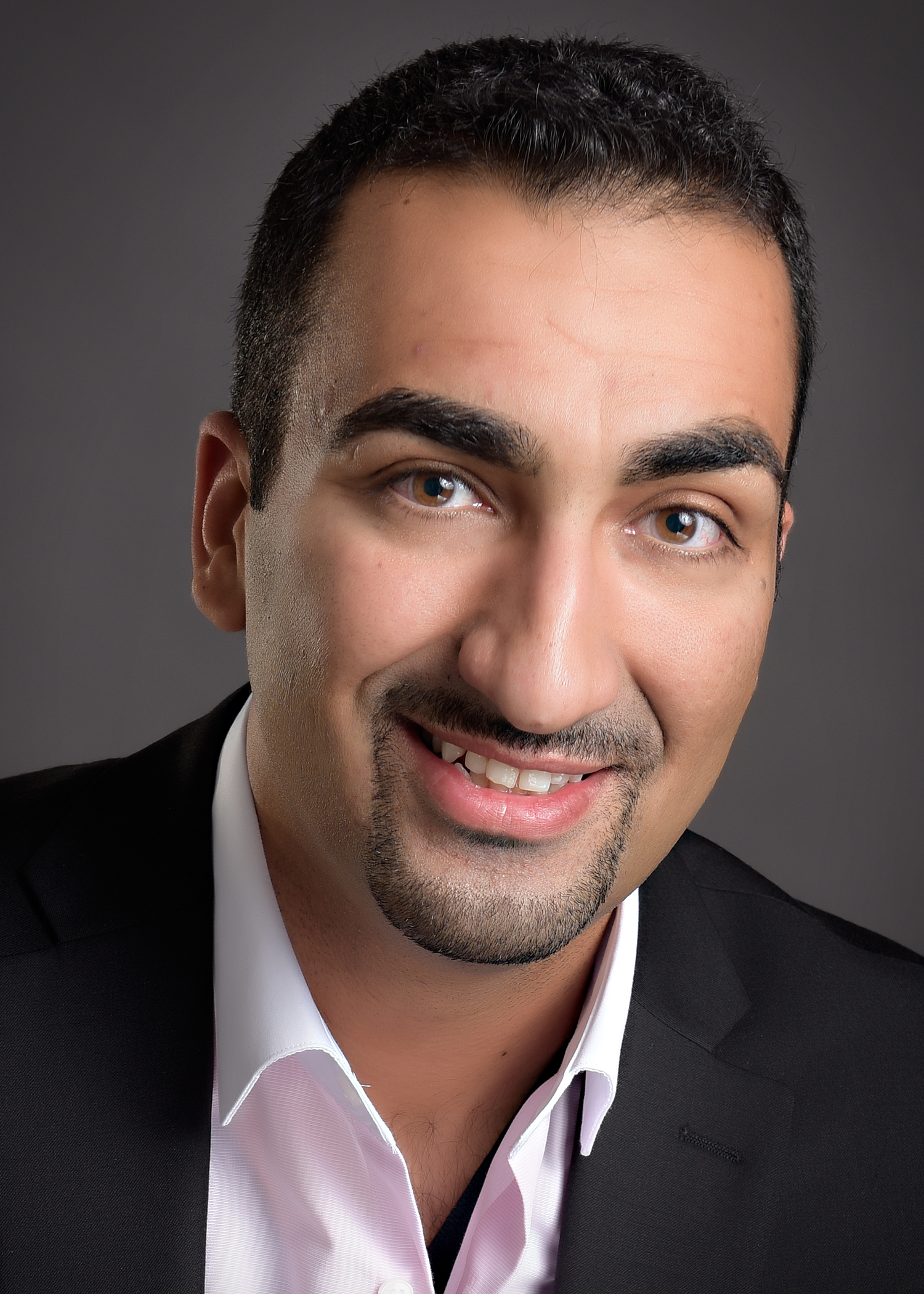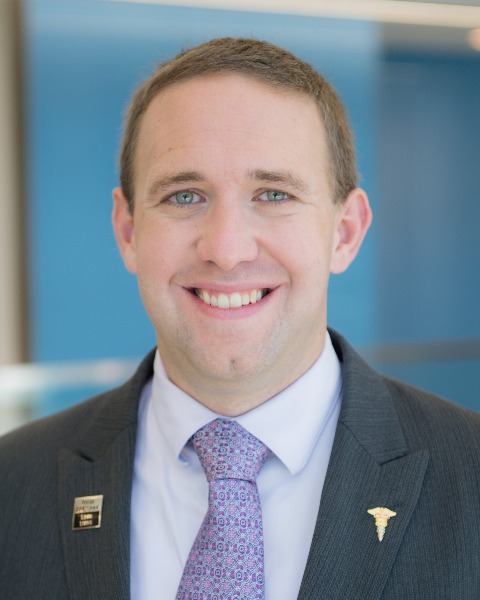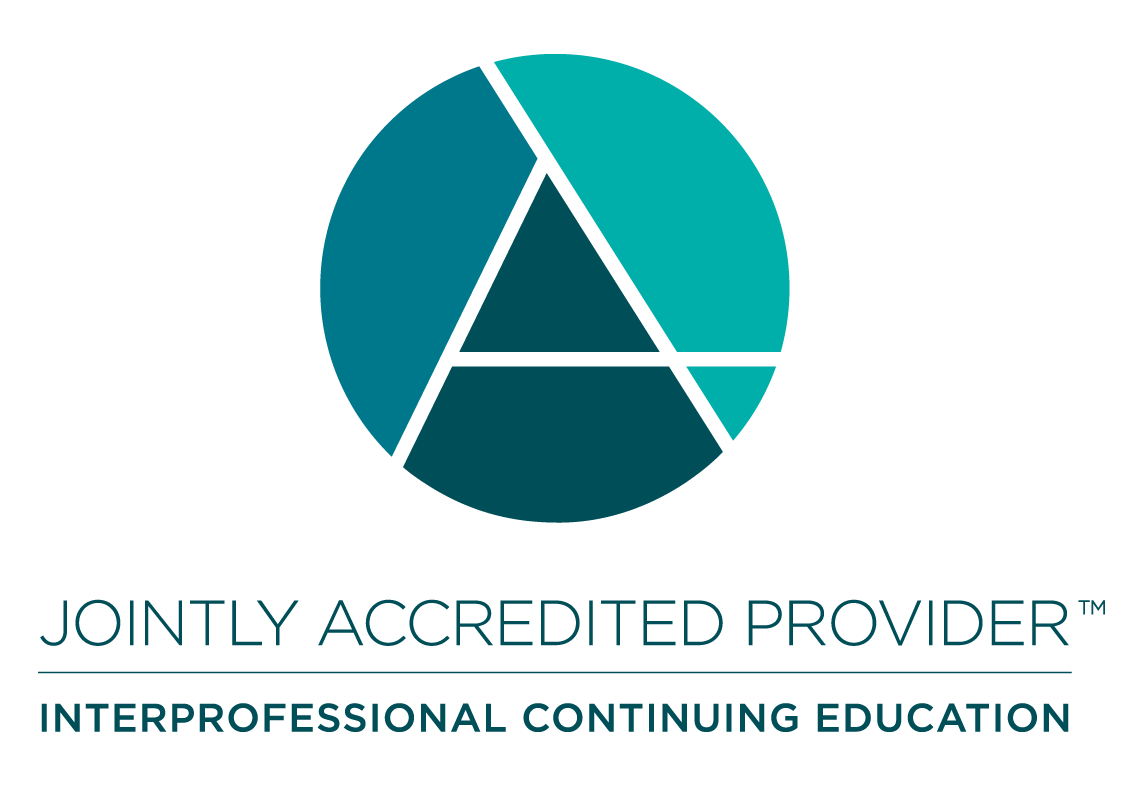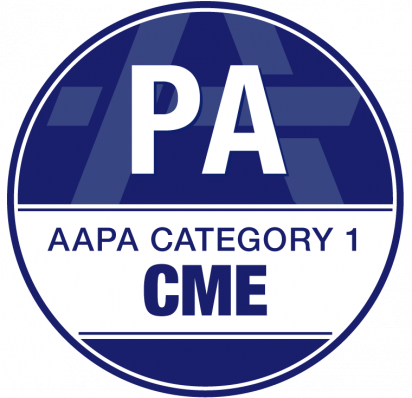
Kratom: Emerging Findings and Treatment Considerations such as MI and Medication Strategies
-
Register
- Non-Member - $39
- Regular Member - $29
- Retired - $29
- Early Career Physician - $29
- Resident - $19
- Student - $19
- Associate - $19
- ASAM Staff - Free!
- International Member - $29
- Emeritus Member - $29
- Provisional Member - $29
- Fellow Member - $29
- Honorary Member - $29
- CRT Member - $29

Kratom: Emerging Findings and Treatment Considerations such as MI and Medication Strategies
Recorded: Thursday, April 4, 2024 to Sunday, April 7, 2024
On-Demand Session
Overview
This 75-minute on-demand session from the ASAM 55th Annual Conference addresses recent trends in Kratom use, including commonly desired effects by its users.
As Kratom becomes readily accessible in the United States, medical providers should build their understanding of Kratom's uses, physiological and psychological effects, and associated risks. Kratom is highly addictive and is sought out for use in the self-management pain relief, opioid withdrawal, anxiety, and mood. By the end of this interactive workshop, participants will be able to screen patients for Kratom use, be familiar with possible off-label use medication treatments, and apply motivational interviewing techniques to address Kratom use.
The target audience for this Introductory level session includes physicians, nurse practitioners, physician assistants, other clinicians, researchers, residents, fellows, students, and counselors.
This session addresses the following ACGME Competencies: Patient Care and Procedural Skills, Medical Knowledge
This session addresses the following ICPE Competencies:Values and Ethics, Roles and Responsibilities
Learning Objectives
Upon completion, learners will be able to:
- Upon completion, participants will be able to describe recent trends in Kratom use, including commonly desired effects by its users.
- Upon completion, participants will be able to list at least three potential adverse medical and/or psychiatric effects of kratom use.
- Upon completion, participants will be able to demonstrate at least three basic motivational interviewing techniques to address kratom use in patients.
Registration Rates
| Rate Description | Rate |
| ASAM Member | $29 |
| Non-Member | $39 |
| Associate Member | $19 |
| Resident Member* | $19 |
| Student Member* | $19 |
*Residents, Fellows-in-training, Interns, and Students must join ASAM to receive a discounted registration rate. Click here to become an ASAM member. National and Chapter membership dues apply. There is no charge for Students to become a Member, but verification of student status is required.
Membership Question? Call ASAM at 1.301.656.3920, email us, or view the ASAM website for more information.
Refunds & Cancellations
All ASAM eLearning Center refund requests must be made in writing to education@asam.org within 90 days of purchase. Those requesting refunds for courses that are in progress will receive partial refunds or e-Learning Center credit. Automatic full refunds will be made for any course with a live-course component that has been cancelled.
Registration Open: 05/06/2024 - 04/06/2027
User Access Closed: 05/06/2027
Session Instructions
- Click on the Contents tab to watch the on-demand recording.
- Click Complete Post Test to answer multiple choice questions. Participants will have 10 attempts to pass and must answer 4 out of 5 questions correctly.
- Click Complete Evaluation to provide valuable activity feedback. Scroll down on all questions as there may be answer options that expand past the size of the window.
- Click the button Claim Medical Credits in the box titled Claim Credits & Certificate. Choose the type of credit and click submit. Click the button View/Print Certificate to save or print your certificate. You can view/print your certificate at any time by visiting the ASAM eLearning Center, clicking Dashboard, and clicking Transcript/Achievements.
Need Assistance?
For assistance logging in, accessing activities, claiming credit, or for other questions or concerns, please check the FAQ page or e-mail Education@ASAM.org
ASAM is proud to offer Essential Accessibility to ensure our website is accessible and functional for all our learners while providing free assistive technology for people with the widest possible range of abilities.

Marissa Andres-Kim
MD
Marissa Andres-Kim, MD, is a board certified psychiatrist, who completed her residency at the Harbor-UCLA Medical Center after graduating from the University of California Davis School of Medicine. She works at a community mental health center for the Los Angeles County’s Department of Mental Health, where she treats patients for general psychiatric disorders, including substance use, in English, Spanish, and Tagalog. With Dr. Iman Parhami, Dr. Andres-Kim established a Co-Occurring Disorders Sub-Clinic and Multi-Disciplinary Team that is focused on improving the delivery of addiction treatment in a community setting. At her clinic, she is also the lead for the Dialectical Behavioral Therapy team that works with patients with Borderline Personality Disorder, including those with co-morbid substance use. Outside of her clinic, Dr. Andres-Kim is a volunteer faculty member at the New Center for Psychoanalysis in Westwood and regularly teaches a seminar on Object Relations Theory. Dr. Andres-Kim is focused on providing effective clinical care to patients as well as enhancing the strengths of those who work with her. Outside of work, she also enjoys visiting national parks with her family, taking photos, and playing the accordion.

Iman Parhami
MD, MPH
Iman Parhami, MD, MPH is a double-board certified child and adolescent psychiatrist focused on addictions. Dr. Parhami currently sees adult patients at a LA County's community mental health clinic, where he is also the co-leader of the Co-Occurring Disorders Clinic. In addition, he is the psychiatrist for two residential treatment centers for adolescents with substance use problems and he sees patients at USC's University Center for Excellence in Developmental Disabilities at Children's Hospital of Los Angeles.
Dr. Parhami completed his child and adolescent psychiatry fellowship at Johns Hopkins University and his adult psychiatry residency at Delaware's State program. During his training, he received multiple national recognition awards, which included a research training grant from the American Academy of Children and Adolescents and National Institute of Drug Use, and other awards from the American Academy of Addiction Psychiatry and American Psychiatric Association. Dr. Parhami has published multiple peer-reviewed scientific journal articles focusing on addictive disorders. Notably, Dr. Parhami completed a postdoctoral research fellowship at UCLA focusing on psychosocial interventions for behavioral addictions and a clinical fellowship at the Psychoanalytic Center of Philadelphia.

Brian Hurley
MD, MBA, DFASAM
Brian Hurley, MD, MBA, DFASAM is an addiction physician and the Director of Addiction Medicine for the Los Angeles County Department of Health Services. Brian is currently a Director at Large for the American Society of Addiction Medicine (ASAM) and will assume the position of President-Elect this April 2021. He co-chairs the Los Angeles County Department of Health Services’ Substance Use Disorders Workgroup and the SafeMedLA Medications for Addiction Treatment Action Team, and is the Clinical Director of the Addiction Treatment Starts Here programs through the Center for Care Innovations, focused on increasing the delivery of Medications for Addiction Treatment in California’s community health centers. He is the PI of two MAT Access Points projects funded by the Sierra Health Foundation, a co-PI of a TRDRP funded smoking cessation implementation project, and a co-investigator on NIDA, NIAAA, and PCORI funded addiction related implementation science grants managed through RAND. He is a member of the Motivational Interviewing Network of Trainers and regularly conducts motivational interviewing trainings throughout the United States. He is a Volunteer Assistant Clinical Professor of Addiction Medicine in the Department of Family Medicine at the UCLA David Geffen School of Medicine. He additionally serves on the American Board of Psychiatry and Neurology’s Addiction Psychiatry examination writing committee.
Brian completed the Robert Wood Johnson Foundation Clinical Scholars Program at the University of California, Los Angeles (UCLA), and was previously a UCLA - Veterans Administration National Quality Scholar at the VA Greater Los Angeles Healthcare System. He completed a fellowship program in addiction psychiatry at New York University School of Medicine. He completed residency training at the Massachusetts General Hospital and McLean Hospital, where he was Chief Resident in Addiction Psychiatry. Brian is a former National President of the American Medical Student Association.
No relevant financial disclosures
Accreditation & Credit Designation Statements
Joint Accreditation Statement

In support of improving patient care, the American Society of Addiction Medicine is jointly accredited by the Accreditation Council for Continuing Medical Education (ACCME), the Accreditation Council for Pharmacy Education (ACPE), and the American Nurses Credentialing Center (ANCC), to provide continuing education for the healthcare team.
Physicians
The American Society of Addiction Medicine designates this enduring material for a maximum of 1.25 AMA PRA Category 1 Credits™. Physicians should claim only the credit commensurate with the extent of their participation in the activity.
Nurses
This activity awards 1.25 Nursing contact hours.

PAs
ASAM has been authorized by the American Academy of PAs (AAPA) to award AAPA Category 1 CME credit for activities planned in accordance with AAPA CME Criteria. This activity is designated for 1.25 AAPA Category 1 CME credits. Approval is valid until 05/06/2027. PAs should only claim credit commensurate with the extent of their participation.
Social Workers
As a Jointly Accredited Organization, ASAM is approved to offer social work continuing education by the Association of Social Work Boards (ASWB) Approved Continuing Education (ACE) program. Organizations, not individual courses, are approved under this program. Regulatory boards are the final authority on courses accepted for continuing education credit. Social workers completing this course receive 1.25 general continuing education credits.
IPCE Credit
This activity was planned by and for the healthcare team, and learners will receive 1.25 Interprofessional Continuing Education (IPCE) credits for learning and change.
California Association for Drug/Alcohol Educators (CAADE)
This educational program is approved by CAADE: #CP40 999 1225.
California Association of DUI Treatment Centers (CADTP)
This educational program is approved by CADTP: #205.
California Consortium of Addiction Programs and Professionals (CCAPP)
This educational program is approved by CCAPP: #OS-20-330-1224.
Continuing Education Credits (CEUs)
Upon completion of the activity and online evaluation, all other participants may request a certificate of participation. Participants may submit this certificate of participation to their professional organization/institute as documentation for completing this accredited continuing activity.
Maintenance of Certification (MOC) or Continuing Certification Programs (CCP)
This activity meets the requirements for MOC/CCP for the following primary physician boards and for state licensing CME requirements. MOC Credit is only reported for ABA, ABP, ABIM, and ABS. By completing the online credit application and evaluation, the learner permits ASAM to report credits to the appropriate Board. Learn more.
- American Board of Medical Specialties (ABMS)
- American Board of Preventive Medicine (ABPM)
- American Board of Internal Medicine (ABIM)
- American Board of Pediatrics (ABP)
- American Board of Surgery (ABS)
- American Board of Psychiatry and Neurology (ABPN)
- American Board of Addiction Medicine (ABAM)
- Royal College of Physicians and Surgeons of Canada (RCPSC)
- Through an agreement between the Accreditation Council for Continuing Medical Education and the Royal College of Physicians and Surgeons in Canada, medical practitioners participating in the Royal College MOC Program may record completion of accredited activities registered under the ACCME’s “CME in Support of MOC” program in Section 3 of the Royal College’s MOC Program.
Disclosure Information
In accordance with disclosure policies of ASAM and Joint Accreditation, the effort is made to ensure balance, independence, objectivity, and scientific rigor in all CME/CE activities. These policies include mitigating all relevant financial relationships with ineligible companies for the Planning Committees and Presenters. All activity Planning Committee members and Presenters have disclosed all financial relationship information. The ASAM CE Committee has reviewed these disclosures and determined that the relationships are not inappropriate in the context of their respective presentations and are not inconsistent with the educational goals and integrity of the activity. Click here to view the full disclosure listing.

